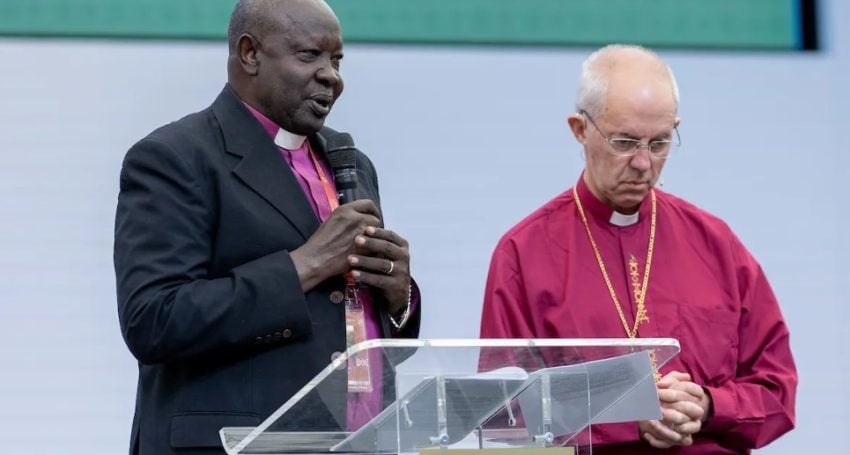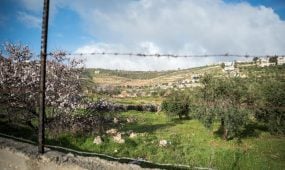Sudanese archbishop pleads for peace, as humanitarian agencies warn of catastrophic hunger crisis
International
Archbishop Ezekiel Kondo of the Episcopal (Anglican) Church of Sudan called for end to the ongoing war in the country, as humanitarian agencies flagged a hunger crisis of epic proportions

Archbishop Ezekiel Kondo of the Episcopal (Anglican) Church of Sudan called for end to the ongoing war in the country, as humanitarian agencies flagged a hunger crisis of epic proportions.
The war between two rival factions of government, the Sudan Armed Forces and the paramilitary Rapid Support Forces started as a power struggle, but erupted into a full-scale fighting on 15 April 2023. Since then, it has killed thousands of people and displaced millions of others, as it created one of the world’s worst humanitarian crises.
Kondo said peace was the most urgent need of the people, since the situation was very critical. He also urged church-based relief organizations worldwide to join relief food efforts to aid the suffering populations.
“War must stop. The people need peace now and not tomorrow,” said the Archbishop of Khartoum. “What is most needed is peace [but] the war can only stop if supporters stop supplying weapons to the warring parties.”
According to the primate, most of the weapons being used in war were sent to the country by foreign nations to both sides, which must stop if the people and country are to have peace.
“Unless this stops the war will continue. I would like to urge countries which are contributing to suffering of the Sudanese people to stop sending weapons,” said Kondo.
Amidst the war, Jan Egeland, general secretary of the Norwegian Refugee Council; Charlotte Slente, secretary general of the Danish Refugee Council; and Tjada D’Oyen McKenna, chief executive, Mercy Corps, in a joint statement on 3 September, called on the international community to address the immense hunger crisis in Sudan.
Advertisement
“We cannot be clearer: Sudan is experiencing a starvation crisis of historic proportions. And yet, the silence is deafening. People are dying of hunger, every day, and yet the focus remains on semantic debates and legal definitions,” said the heads of the humanitarian organizations.
The statement accompanied a report titled, “If Bullets miss, Hunger won’t—Beyond the numbers: Hunger and Conflict in Sudan.” Dated 2 September, the report is based on testimonies of people in regions, including Darfur, Kordofan and, Khartoum. It reveals ways in which the conflict and wide violations of international law have led to starvation and suffering countrywide.
Kondo said it is true, “if civilians are not killed by bullets, hunger will,” but he added that civilians were also being killed by diseases due to lack of medicines and natural calamities, including floods, cold weather, or heat.
Civilians in the larger Khartoum area, Darfur, North and South Kordofan, and West Kordofan regions, including the Nuba Mountains region, a part of South Kordofan which has been declared a hunger zone, are most affected, according to the archbishop.
Advertisement
“If food is not given, many people are going to die and this is because Kadugli [the capital of South Kordofan State] has been besieged and nobody can go out or go in,” he said.
More than 25 million people – more than half the population – are suffering acute food insecurity, according to the humanitarian organizations, with many families eating one meal a day for months or being forced to eat leaves or insects.
The agencies call for pressure to ensure the flow of humanitarian aid, while highlighting that about 1.78 million people have had no access to critical humanitarian assistance in June alone—due to logistics constraints, arbitrary denials, and bureaucratic obstruction.
First published on the World Council of Churches website on 6 September 2024.





